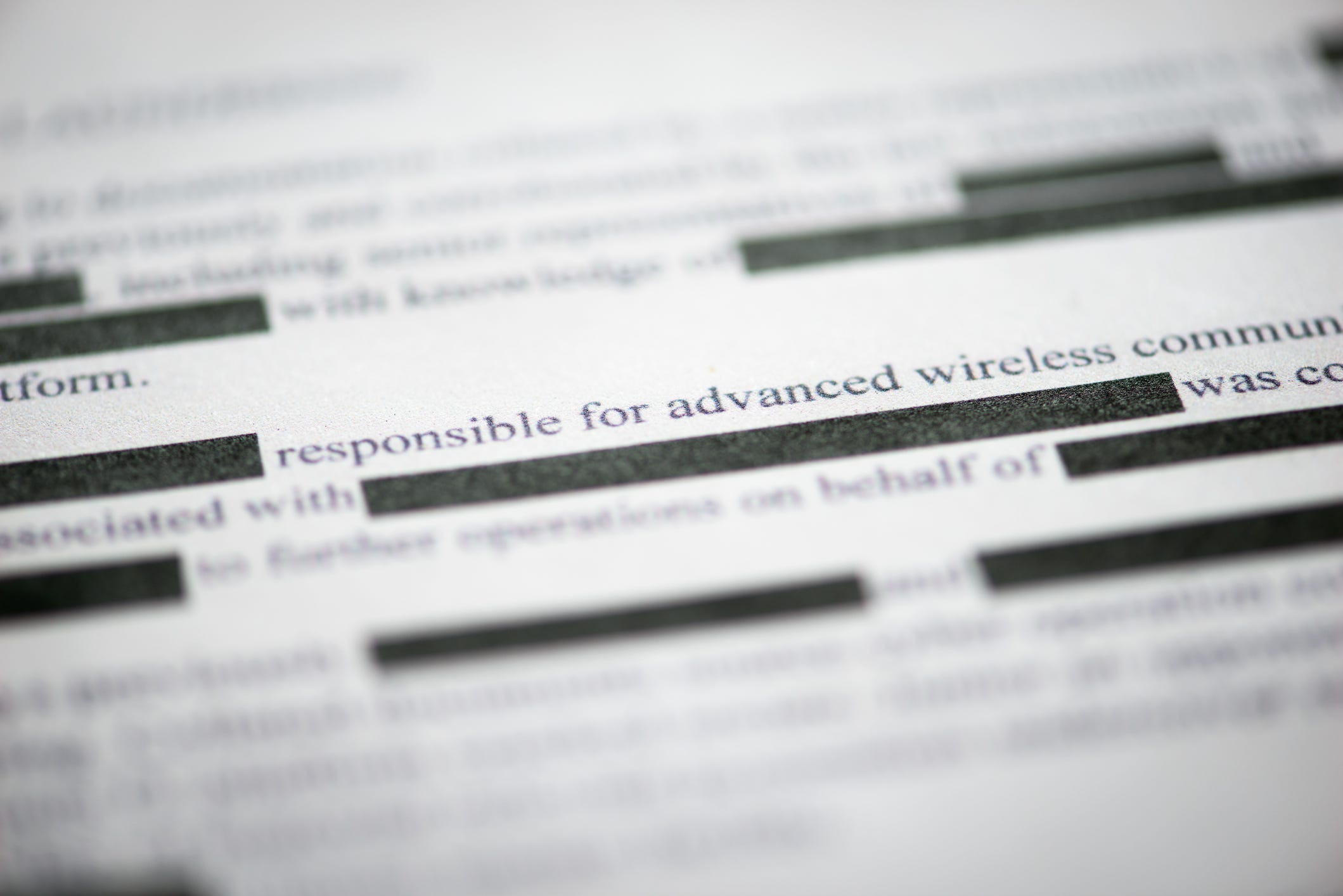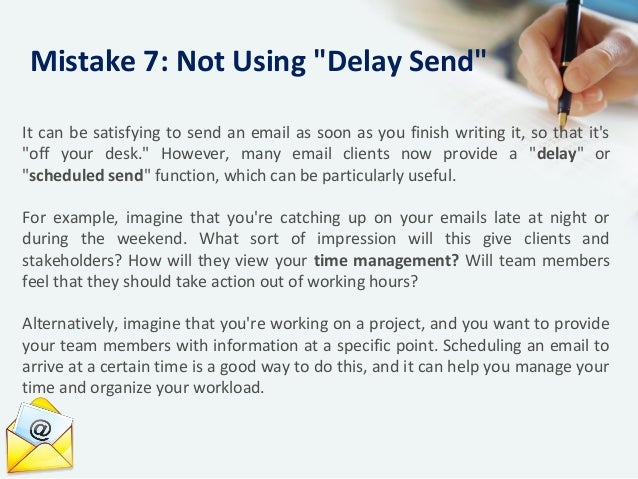

Redactions generally appear as heavy black boxes over individual words or numbers or, in the case of more extensive redactions, bars concealing lines of text. Whenever a recipient is entitled to receive records that also include information they are not permitted to see, those records should be redacted to protect the sensitive information within them. Redaction is the process by which sensitive information is fully removed from disclosed records, whether those records are being disclosed in eDiscovery, in a court filing, in response to an open records law request, or otherwise. We’ll consider the risks of inadvertent disclosure in just a moment, but before we do, let’s define that last term. Generally speaking, inadvertent disclosures are accidental oversights-mistakes that occur during either the identification of sensitive information or the application of a redaction. Inadvertent disclosure occurs when sensitive information that should have been withheld for privacy, confidentiality, or other reasons is accidentally included within a disclosure. What is inadvertent disclosure of sensitive information? What happens when information that should have been protected slips through the cracks and is accidentally disclosed? That’s what we’ll turn to next. While both litigation and open records laws carry a presumption that responsive information should be disclosed, there are exceptions for sensitive information. Under federal and state open records laws, citizens are entitled to obtain information about how their government operates. However, legal teams may also need to compile information for disclosure pursuant to the federal Freedom of Information Act (FOIA), or its corollaries in state law, known interchangeably as sunshine laws, open records laws, or public records laws. That disclosure may occur in the context of eDiscovery, court filings, or elsewhere in the course of litigation. Sensitive information often occurs within the context of documents that should (or even must) be disclosed.


We’ll then discuss the risks involved with redaction and review some best practices for completing redactions quickly and effectively without manually redacting the same information over and over again. In this blog post, we’ll start by defining a few key terms: sensitive information, inadvertent disclosure, and redaction. There are two major challenges around redaction: efficiently identifying the pieces of sensitive information that may be hiding within reams of disclosable data and thoroughly redacting that information prior to production. Redaction-obscuring or hiding text-is the means by which legal teams remove sensitive information from otherwise disclosable records. The trick is to share everything you’re supposed to and nothing you’re not. At the same time, lawyers are often required to provide information to opposing counsel, the courts, regulatory agencies, and, under some circumstances, citizens making requests for personal data or governmental records. Lawyers handle tremendous amounts of sensitive information every day: their clients’ personal data, including both personally identifiable information (PII) and protected health information (PHI), intellectual property, trade secrets, financial information, and much more.


 0 kommentar(er)
0 kommentar(er)
